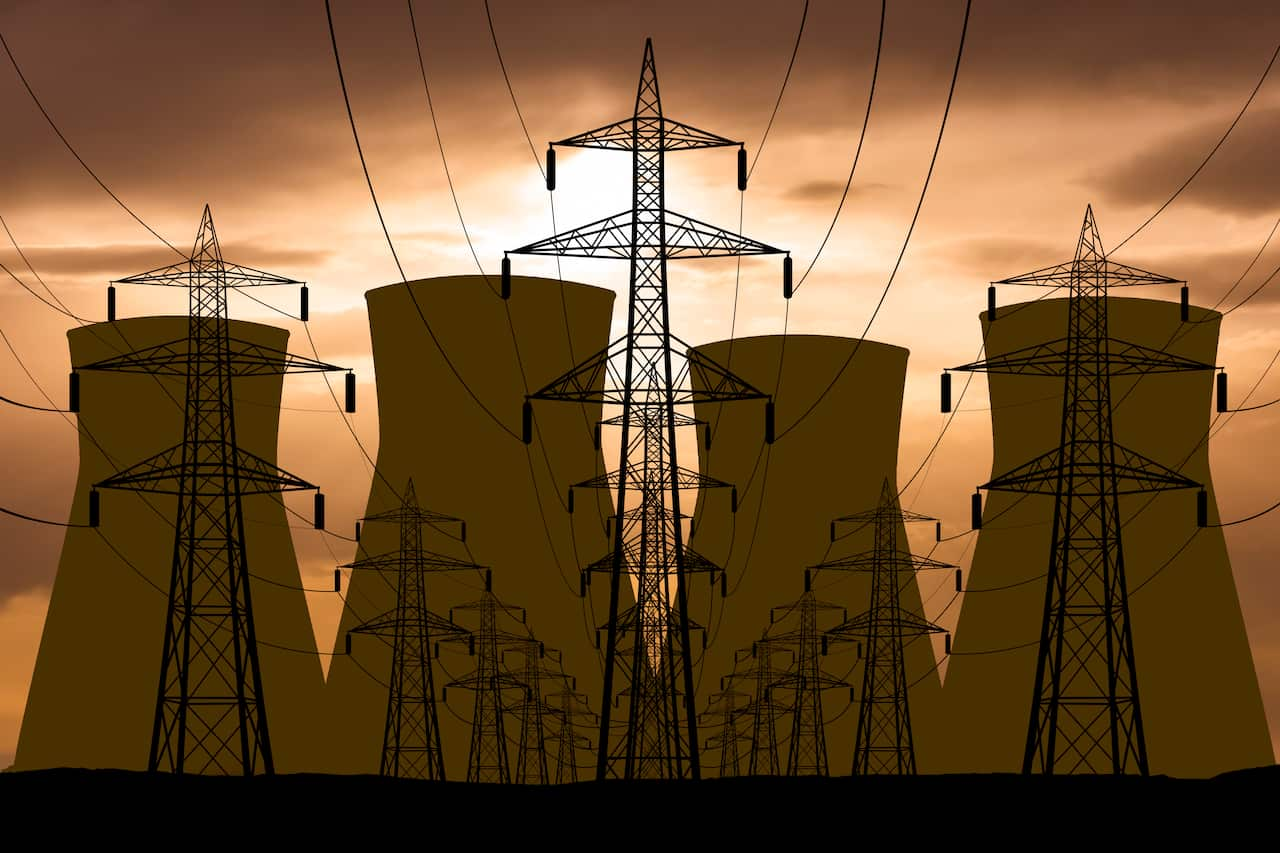Share this @internewscast.com
The research cites the combination of decaying nuclear facilities, evolving AI technology, and inadequate international cooperation as significant contributors to what it calls an “unstable and hazardous environment”.
So how do nuclear systems operate — and is an accidental launch actually possible?
Who can launch a nuclear weapon — and how it happens
Different countries have varying approaches to their NC3 systems, meaning the threshold for when a nuclear weapon could be launched is not universal.

“This gap in governance poses a real risk to global security — and it’s only growing.”
What could go wrong?
“With AI capable of simulating official statements and cyberattacks potentially disrupting vital systems, the risk of a false alarm leading to a conflict is no longer out of the question,” Crawford explained.
Crawford said in 2025, there have been growing concerns around disinformation and hacking campaigns targeting early warning systems.
A code of conduct
A framework similar to the Missile Technology Control Regime — an initiative from the 1980s by G7 countries aimed at curbing the spread of weapons of mass destruction — could serve as a model.

An Australian academic is calling for an international code of conduct that countries could adopt to establish a universal approach to launching nuclear systems. Source: Getty / Anton Petrus
Crawford believes such a framework could be successful, as many states have already adopted most of the rules she outlined in her study.












